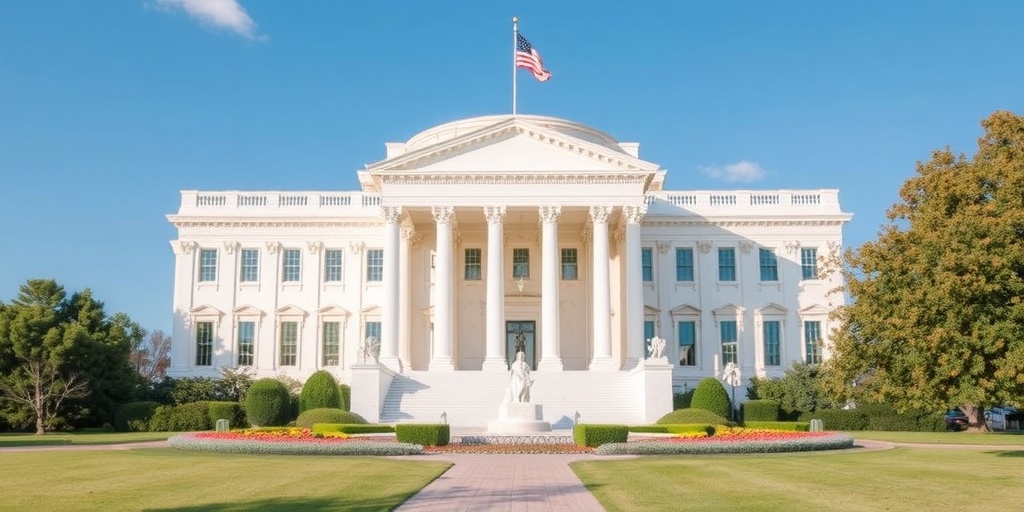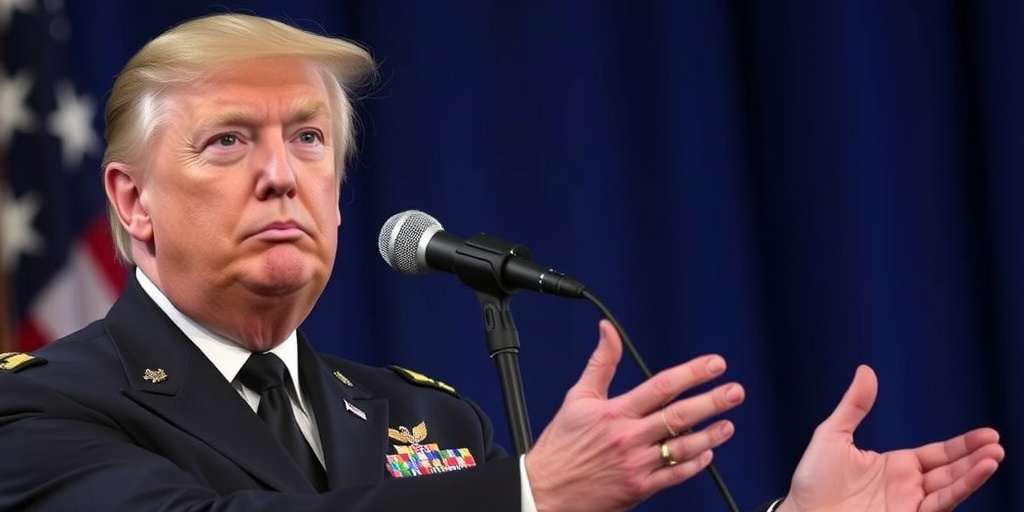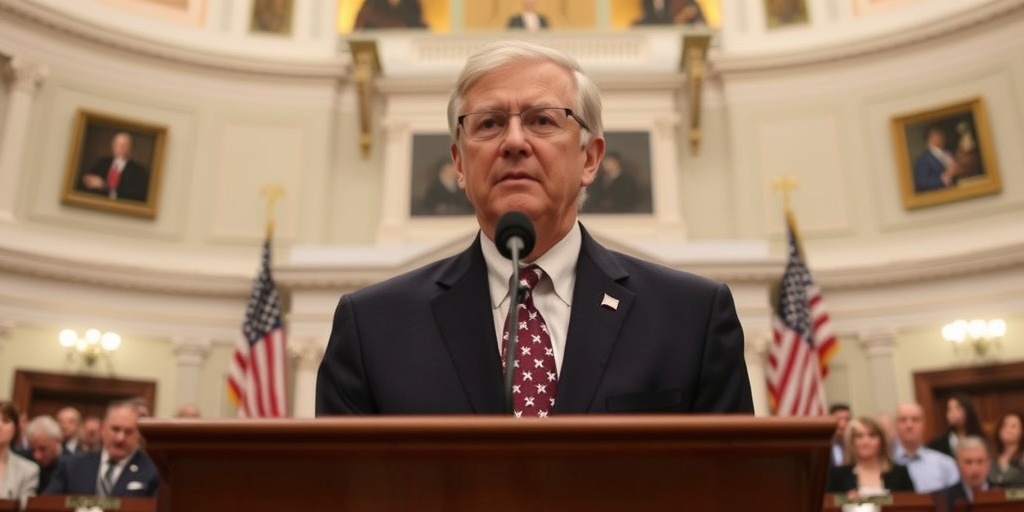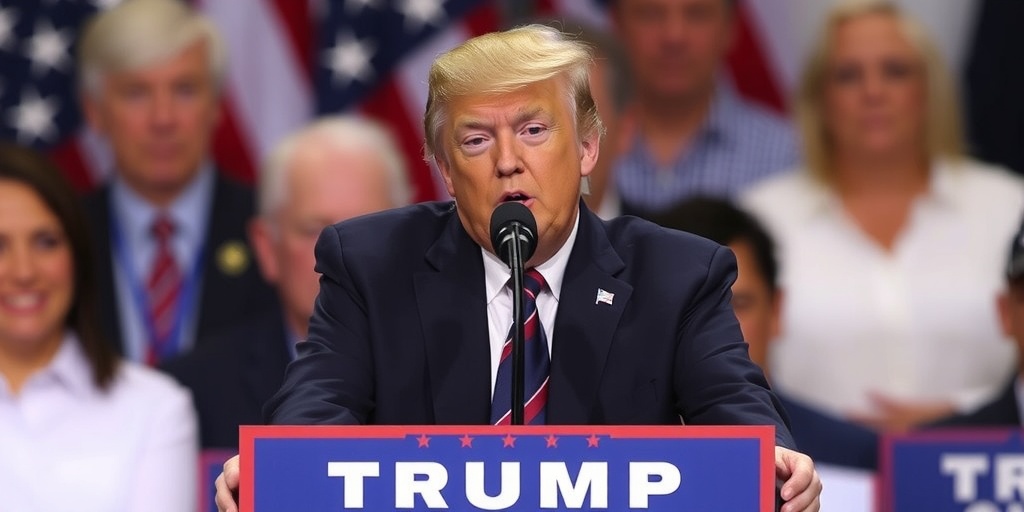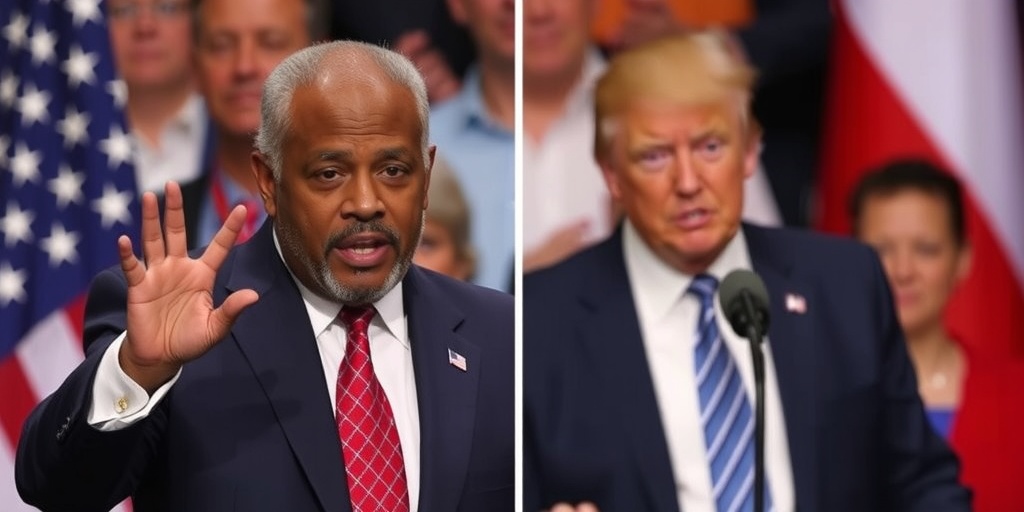Now Reading: Tesla Sales Drop in Germany Amid Broader European Slump
-
01
Tesla Sales Drop in Germany Amid Broader European Slump
Tesla Sales Drop in Germany Amid Broader European Slump
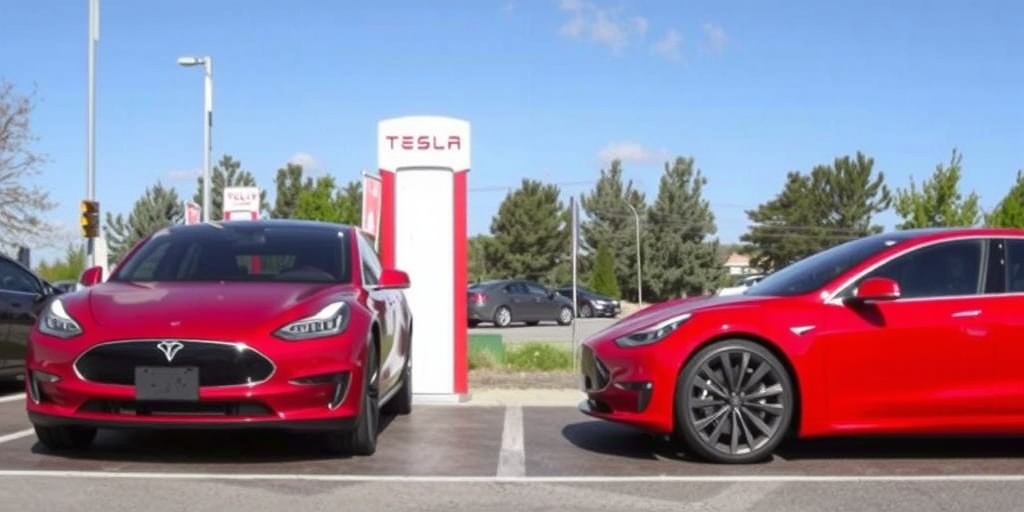
Tesla Sales Plunge in Europe as Musk’s Political Activities Face Backlash
Tesla, the leading electric vehicle manufacturer, has reported a dramatic decline in sales across Europe, particularly in Germany, where sales plummeted by 76% in February compared to the same month last year. These figures come from the German Association of the Automotive Industry and signal a continuing downturn for the U.S.-based automaker, with sales having decreased for two consecutive months. The faltering demand for Tesla vehicles also reflects mounting tensions surrounding the company’s CEO, Elon Musk, and his controversial political involvement.
In recent months, Musk’s political affiliations and endorsements have stirred considerable discontent among consumers. Feedback from various quarters suggests that his active promotion of far-right political parties, especially ahead of Germany’s recent parliamentary elections, might have alienated potential customers. Alongside this, his statements suggesting that people should "move beyond a focus on past guilt" have been met with sharp criticism, particularly in a country with a complex history centered around World War II.
As Tesla grapples with these challenges, its stock has also taken a hit, plummeting by over 40% from its peak in December 2022. This decline has effectively wiped out gains that the company had garnered following Donald Trump’s presidential victory in November, when many investors believed that Musk’s proximity to the White House would yield beneficial outcomes for Tesla.
In Germany, Musk’s actions have drawn ire, with various activist groups targeting both him and the Tesla brand. In London, a campaign has emerged urging consumers to abandon their Teslas and deactivate their accounts on Musk-owned social media platform X. Additionally, in Strasbourg, France, an activist group has begun distributing stickers featuring the message, “Stay Away from the E.U.” The ongoing backlash has escalated to more extreme actions, such as a recent incident in southern France where several Tesla vehicles were reportedly set on fire—an act prosecutors described as “not at all accidental.”
Further compounding Tesla’s difficulties is the significant drop in demand across other European markets. Sales figures indicate that in France, demand for Tesla vehicles fell by more than 26% in February. Meanwhile, in Norway, where the government has set an ambitious goal to phase out combustion engine vehicles this year, Tesla’s sales nearly halved in February. The Norwegian Road Traffic Information Council reported that Tesla’s market share in the country has shrunk from 20% in previous years to about 8.8%.
Despite these challenges, not all territories are seeing such drastic declines. In the United Kingdom, Tesla’s sales increased by 20% year-over-year in February, according to the Society of Motor Manufacturers and Traders. However, even with this increase, Tesla’s overall market share decreased by three percentage points, settling at 10.8%. Some analysts suggest that part of the drop in sales could be attributed to customers delaying purchases in anticipation of the updated Model Y, which is expected to hit the European market soon. Nonetheless, this factor likely does not fully account for the stark sales declines reported across the continent.
The negative sales trend is not isolated to Europe; Tesla has witnessed substantial challenges in China as well. According to recent reports, the company produced nearly 50% fewer vehicles in China in February, although Musk’s political connections are unlikely to play a major role in this downturn. Instead, the growing competition from local automakers like BYD and Xiaomi is thought to be a significant contributing factor.
While Musk has remained relatively silent on the declining sales figures, he maintains that Tesla’s future growth will hinge on advancements in self-driving technology. He has hinted at a new autonomous ride-hailing service, dubbed “Cybercab,” set to launch in Austin, Texas, later this year, which he believes could significantly influence Tesla’s market trajectory.
However, Tesla faces stiff competition in the burgeoning autonomous vehicle sector. Companies like Waymo, a subsidiary of Alphabet (Google’s parent company), have already launched their driverless taxi services across several U.S. cities and continue to expand their operations.
As Tesla navigates these turbulent waters, investor sentiment appears to be shifting as well. Some shareholders are pushing for Musk to focus more on Tesla’s core business rather than his political interests. Tulipshare, a shareholder advocacy group, is planning to present a proposal at Tesla’s upcoming annual shareholder meeting, seeking to tie Musk’s compensation to his performance concerning environmental initiatives, corporate governance, and social responsibility.
Antoine Argouges, CEO of Tulipshare, has voiced the call for accountability among Tesla’s leadership, emphasizing the need for investors to prioritize the company’s mission and values as they address the multifaceted challenges ahead. With rising tensions, declining sales, and intensified competition, only time will tell how Tesla will strategize its way out of this precarious situation.
Stay Informed With the Latest & Most Important News
Previous Post
Next Post
-
 01New technology breakthrough has everyone talking right now
01New technology breakthrough has everyone talking right now -
 02Unbelievable life hack everyone needs to try today
02Unbelievable life hack everyone needs to try today -
 03Fascinating discovery found buried deep beneath the ocean
03Fascinating discovery found buried deep beneath the ocean -
 04Man invents genius device that solves everyday problems
04Man invents genius device that solves everyday problems -
 05Shocking discovery that changes what we know forever
05Shocking discovery that changes what we know forever -
 06Internet goes wild over celebrity’s unexpected fashion choice
06Internet goes wild over celebrity’s unexpected fashion choice -
 07Rare animal sighting stuns scientists and wildlife lovers
07Rare animal sighting stuns scientists and wildlife lovers













